Ahh, oof and ouch AHH: The Biden administration will buy 500 million Pfizer doses to donate to the world."The first 200 million doses will be distributed this year, with the subsequent 300 million shared in the first half of next year. The doses will be distributed by Covax, the World Health Organization-backed initiative to share doses around the globe, and they will be targeted at low- and middle-income countries. Pfizer is selling the doses to the United States at a 'not-for-profit' price, according to the people familiar with the deal, who spoke on the condition of anonymity to share details that were not yet public," The Post's Tyler Pager and Emily Rauhala report. The 500 million doses will be about six times the number of vaccines Covax has distributed so far, but would only account for a quarter of the 2 billion doses the initiative planned to distribute this year. 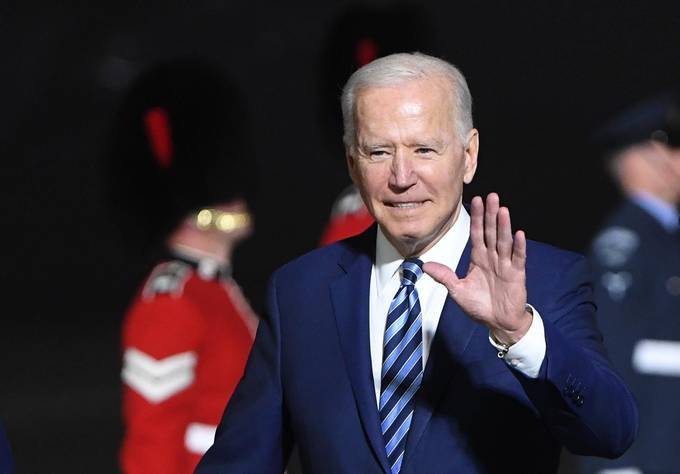 Biden arrives to attend the Group of Seven summit in Britain. (Neil Hall/EPA/Bloomberg News) | Biden is slated to announce the plan at the Group of Seven meeting in Britain. The deal comes as the United States and other wealthy countries face criticism for not doing enough to boost the global supply of vaccines and support an equitable distribution. As U.S. cases have receded and supply of vaccines far outstrips demand, the United States has faced renewed pressure at home and abroad to end what some advocates have called a global "vaccine apartheid." "The gap between vaccines haves and have-nots is vast. More than half the populations in the United States and Britain have had at least one dose of coronavirus vaccine, compared with fewer than 2 percent of people in Africa," Tyler and Emily write. OOF: Thousands of state lawmakers received pharma dollars during the 2020 elections."In the last two years, at least 2,467 state legislators — over one-third of all state lawmakers nationwide — used pharmaceutical industry cash to fund their campaigns, according to a new STAT analysis of campaign finance records that spans the full 2020 election cycle. The industry wrote over 10,000 individual checks totaling more than $9 million," Stat News's Lev Facher reports. In Oregon, two-thirds of lawmakers have accepted a check from the pharmaceutical industry, which could explain why the state has repeatedly failed to pass proposals aimed at curbing drug prices. In Louisiana, 84 percent of lawmakers have accepted funding from the industry. In California, it's 82 percent. "It's hard to compare the drug industry's spending in the 2020 election to past election cycles, since similar analyses don't exist. But it's clear that pharmaceutical companies found themselves in an unprecedented political moment: At the start of the cycle, widespread and increasingly vocal animus over high drug prices spurred a slew of aggressive new policy proposals. Then the Covid-19 crisis plunged the drug industry into a vaccine race that overhauled both its priorities and its reputation writ large," Lev writes. The pharmaceutical industry spent similar amounts supporting Democrats and Republicans, and it tended to write checks in the lead-up to Election Day. Pfizer was the most prolific donor, sending checks to 1,048 lawmakers in 43 states. 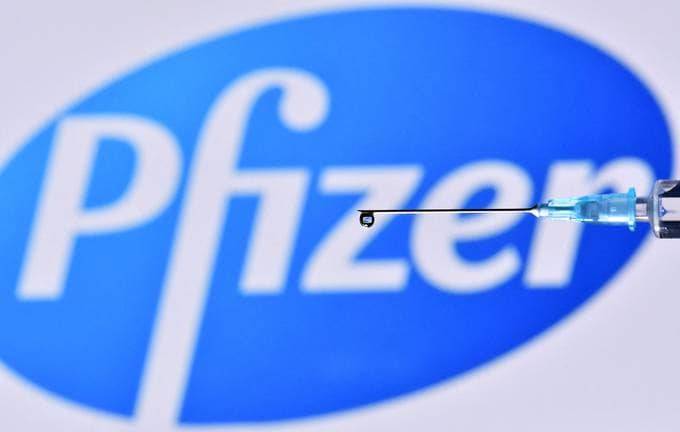 (Photo by JUSTIN TALLIS/AFP via Getty Images) | OUCH: Sherri Tenpenny is not the first conspiracy theorist invited to testify before a state legislature.Video of a conspiracy-ridden, anti-vaccine testimony delivered by a doctor at the Ohio Statehouse has gone viral. Ohio doctor Sherri Tenpenny told state lawmakers that vaccines could cause people to become "magnetized" so that metal would stick to them and suggested that vaccines interface with 5G cellular towers. It's not the first time that lawmakers have invited expert witnesses with histories of promoting vaccine-related and other conspiracy theories, The Post's Aaron Blake reports. Legislatures in Michigan and Louisiana have featured testimony from people who have previously spouted conspiracy theories about vaccines. U.S. Senate Republicans invited vaccine skeptic Jane M. Orient to testify in front of the Senate Homeland Security Committee. While Orient's views are less extreme than Tenpenny's, she belongs to a group, the Association of American Physicians and Surgeons, that holds some views not supported by science. | 

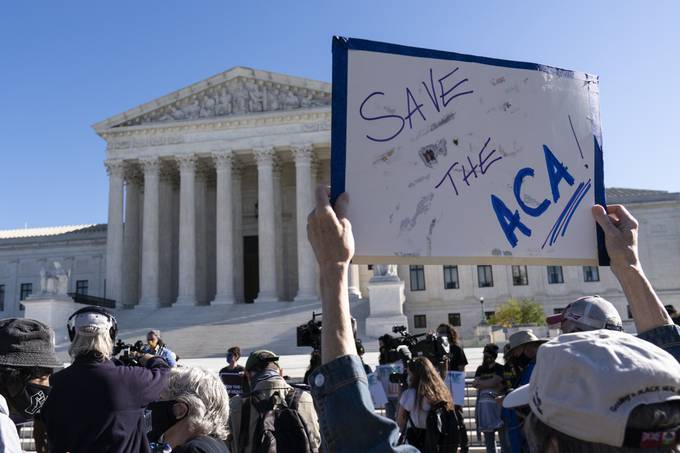
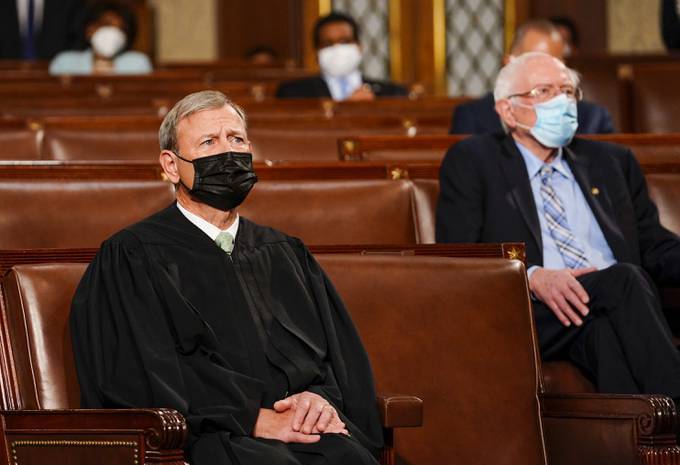
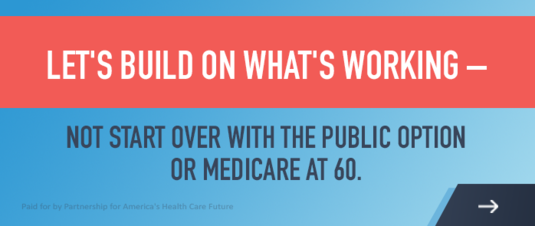



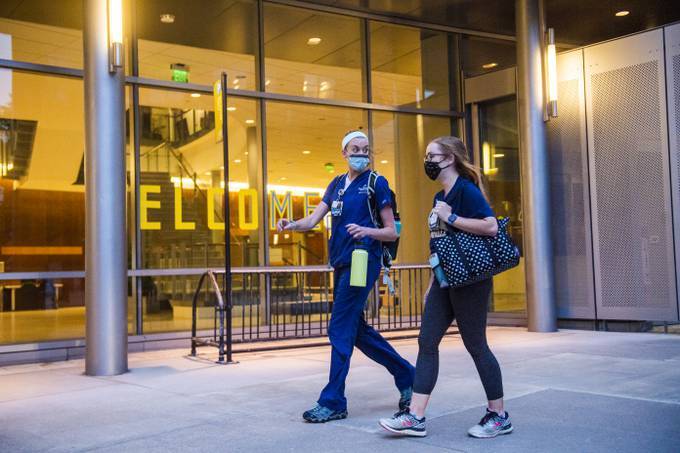
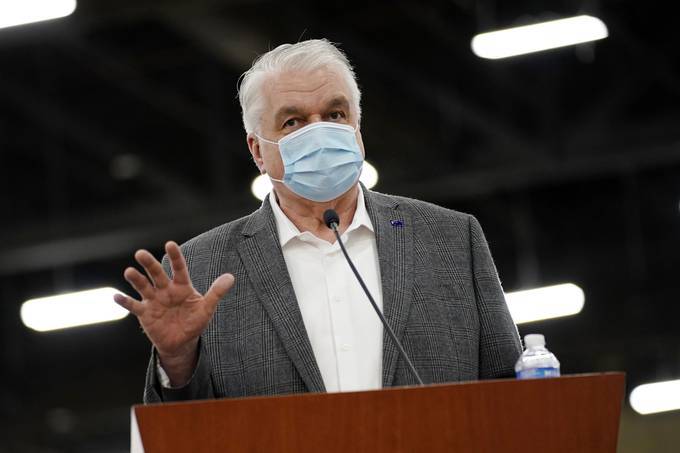


No comments:
Post a Comment